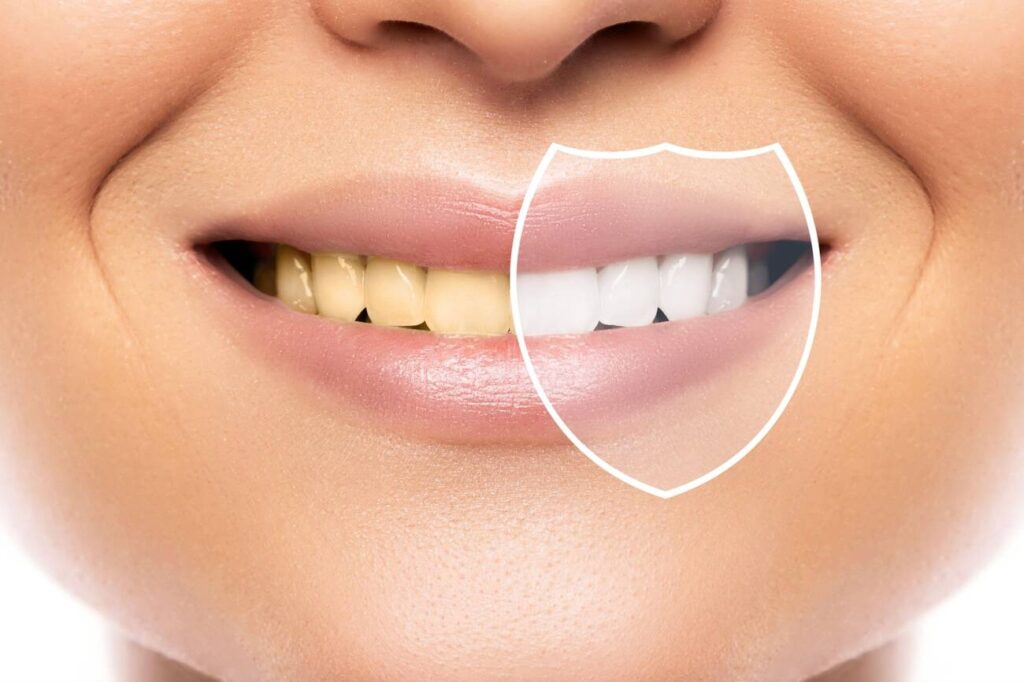No, composite bonding is not bad for your teeth. There’s no need to worry about composite bonding harming your teeth. Dentists usually preserve most of your tooth and avoid heavy drilling. It’s considered a safe, effective option to handle chips or discoloration.
Why Most Dentists Say Composite Bonding is Not Bad for Teeth
Dentists often say composite bonding is safe for teeth because it leaves the enamel alone. The process needs little scraping, so your teeth’s main structure stays healthy. Plus, the resin helps protect rough edges or small cracks, making it a good pick for repairs.
When Composite Bonding Can Cause Problems
Most composite bonding failures happen because of execution errors. Dentists who don’t smooth edges properly, miss spots during application, or use excessive amounts of material create bite interference and tooth sensitivity.
The resin has natural limitations – it absorbs stains from coffee, tea, and wine over months and years. Expect some chipping and surface wear as normal aging. Inadequate margins allow bacterial penetration, which can lead to secondary decay formation around the bonded restoration.
Conclusion
Composite bonding is a safe, effective cosmetic procedure when carried out by a competent dentist, preserving tooth structure and offering rapid results.
Thinking about enhancing your smile? Visit our page on composite bonding London to explore treatment options, costs, and expert advice.

